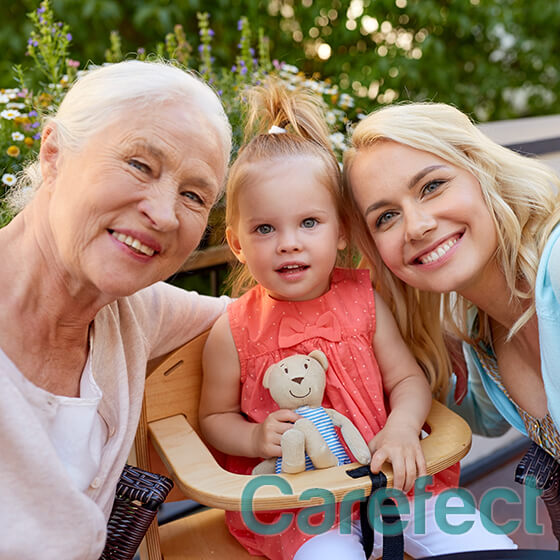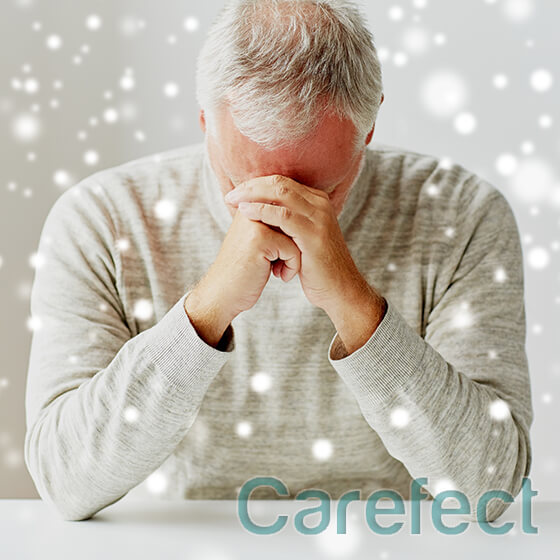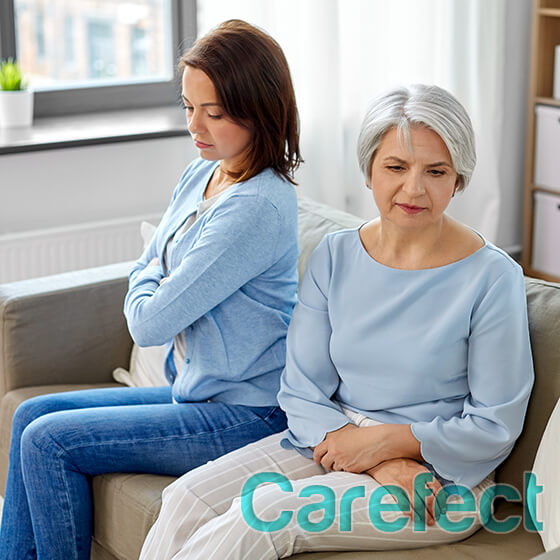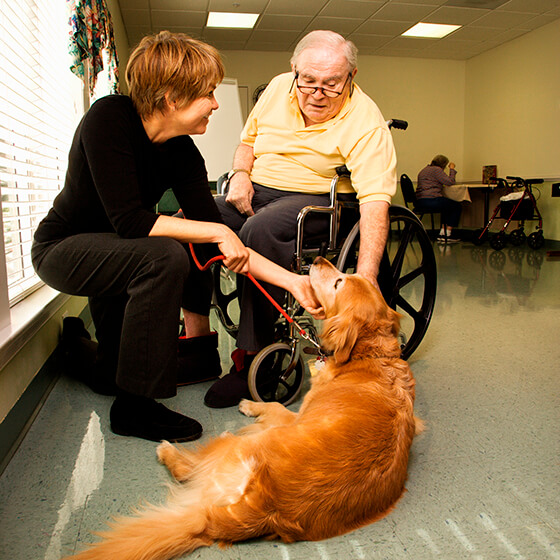Elder Care Tips: Ways to Increase Vitamin D Intake
As the spring comes, the light brightens and the day lengthens. Not only does this benefit our gardens, but it also benefits our mental and physical health. While there are many reasons for this, one of the main reasons is the increase in Vitamin D. Vitamin D is an essential supplement and improves bone health, physical ability, and energy. It is a staple for most adults, especially older adults, to take vitamin D because it assists in the body’s ability to absorb calcium. Calcium absorption is critical for building and...Read More







